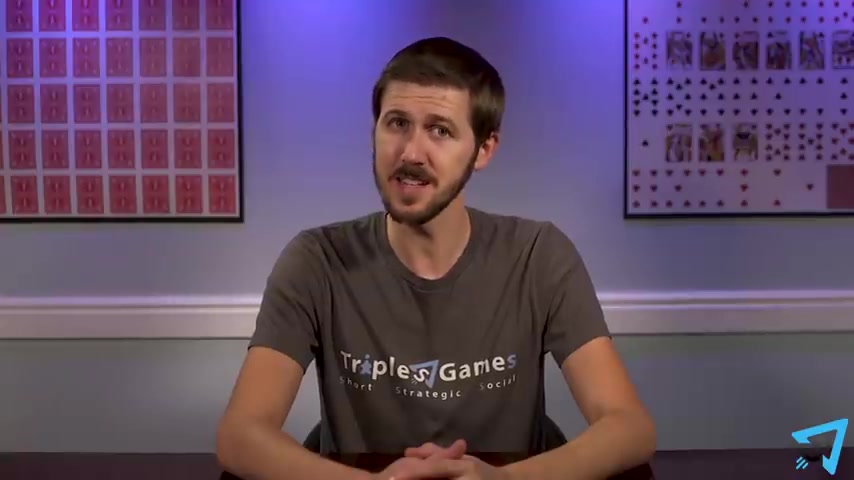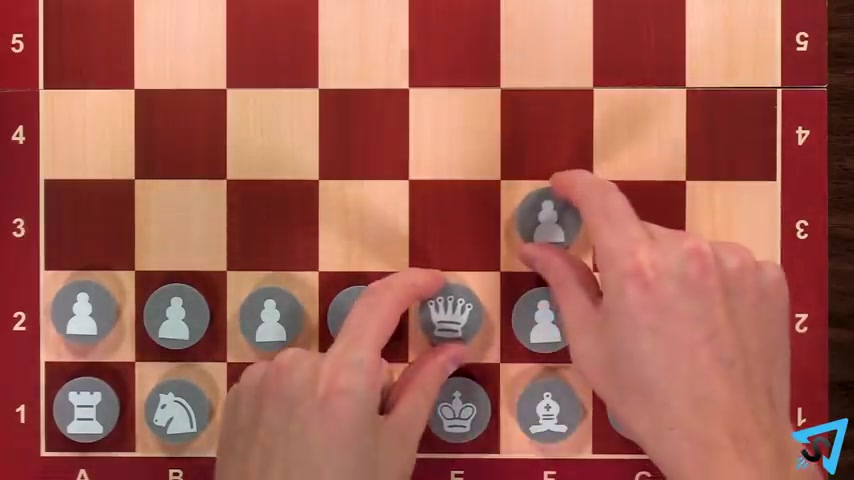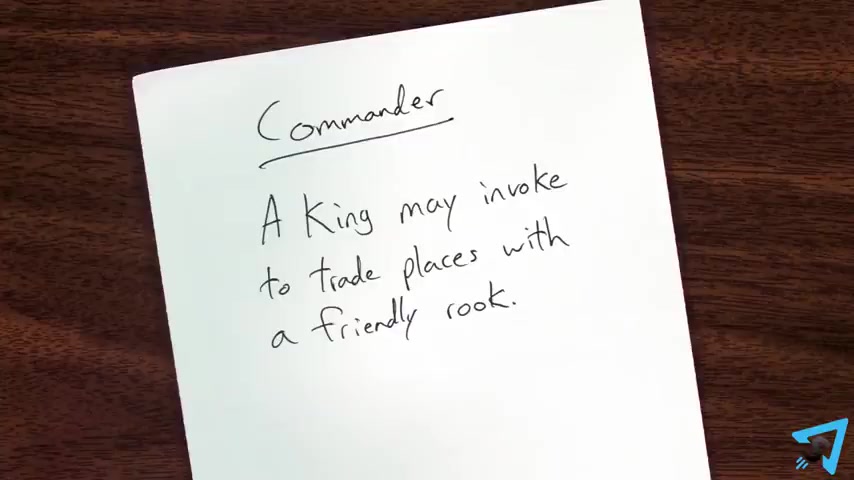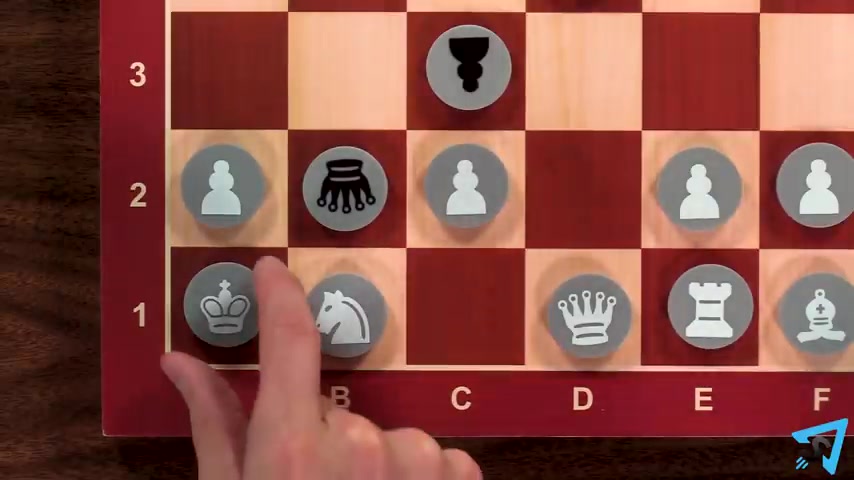https://www.youtube.com/watch?v=uEAzkFW3F_I
How to play Penultima (Chess)

Ultima how to play .
The rules are the same as regular chess except for these changes for a refresher of those rules .
Check out this video , several Spectators create secret rules which change how the chess pieces move and interact .
The players playing the game .
Try to discover these rules as they attempt to checkmate their opponent .
Before the game begins , the Spectators decide between themselves which pieces each of them will write rules for .
Then each of them writes down their rules .
Each spectator may only create rules for one piece type .

For example , all the pawns , these rules may control the way a piece moves , captures is captured or if it causes effects to other pieces on the board , a piece may be given an invoke command which causes it to affect other pieces on the board without moving a spectator can combine any or all of these types of rules together for their piece .
And they may have a pieces rule affect other pieces .
When creating rules .
It is recommended to keep it simple concise and specific .
For example , you could write down that the king may invoke to trade places with a friendly rook after a spectator finishes writing a secret rule for a piece that spectator also gives that piece a new name for the duration of the game .

These names and the existence of any invoke commands are announced to the players at the start of the game .
After the game has started , the Spectators may privately discuss how their rules interact on your turn .
You must attempt to move or invoke one of your pieces .
Then the spectator for that piece declares whether the action is legal or illegal .
If it is a legal move , the piece stays where it is .
If an invoke is performed , then the spectator of that rule performs the action of the invoke without saying what the invoke actually does .
If you perform an illegal move , then the piece is returned to its position from the start of the turn .
If the invoke isn't allowed , then it is stated and nothing happens in the original variant , your turn would then end without a legal move being performed .

However , there is a variant that you can play where you continue attempting until you perform a legal move or legal invoke , decide which version you will play at the start of the game .
If playing with the first option , the only exception is if you are in check , then you can repeatedly attempt moves until you are able to get out of check .
Spectators may need to say check to inform the players when their rule is causing a check you can also play that the check rule is ignored .
The first player to checkmate their opponent wins after which Spectators reveal their rules .
Are you looking for a way to reach a wider audience and get more views on your videos?
Our innovative video to text transcribing service can help you do just that.
We provide accurate transcriptions of your videos along with visual content that will help you attract new viewers and keep them engaged. Plus, our data analytics and ad campaign tools can help you monetize your content and maximize your revenue.
Let's partner up and take your video content to the next level!
Contact us today to learn more.